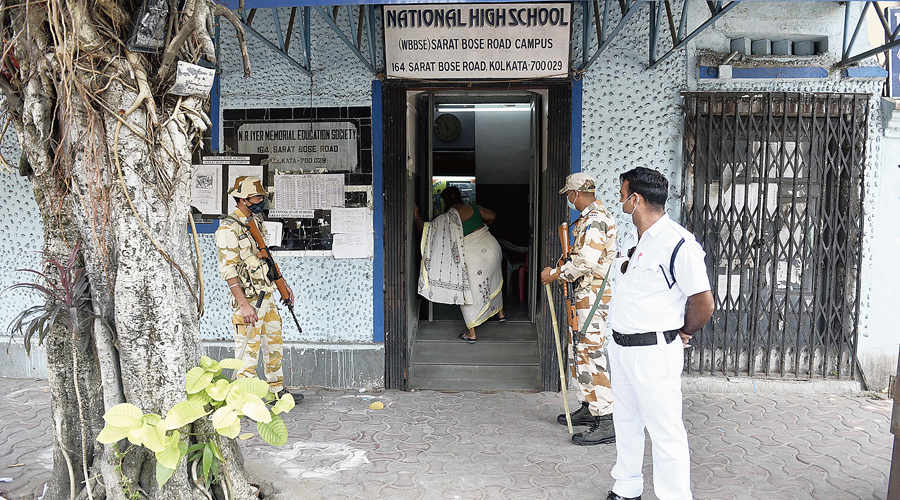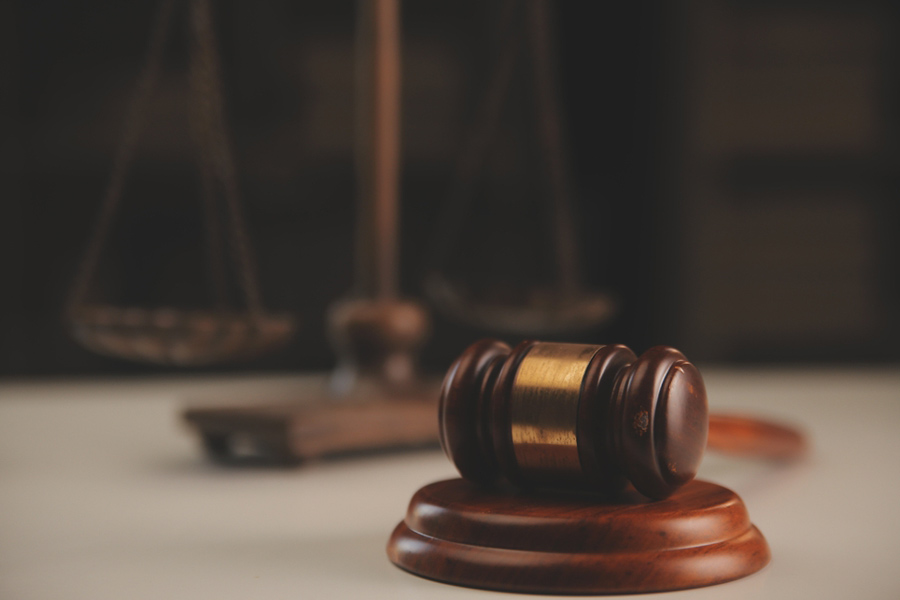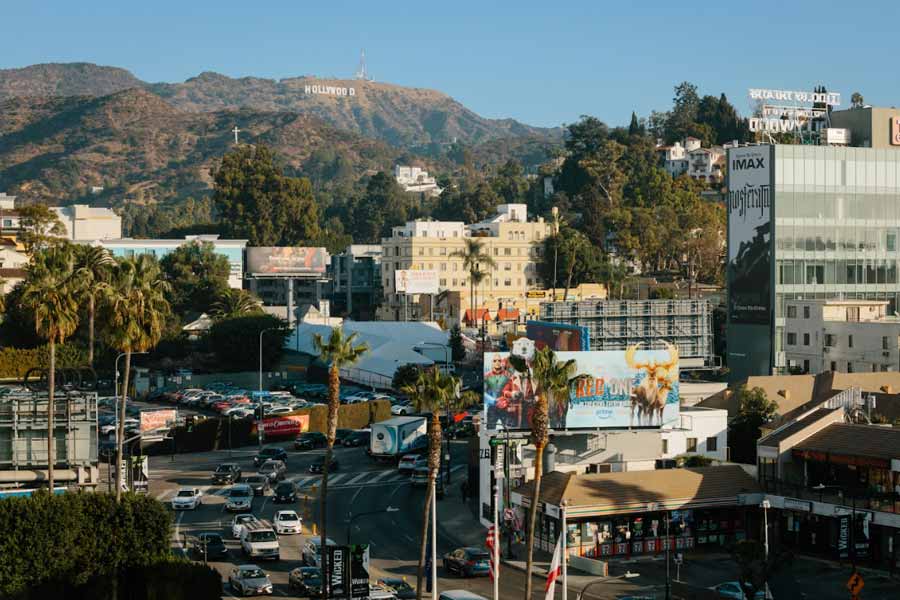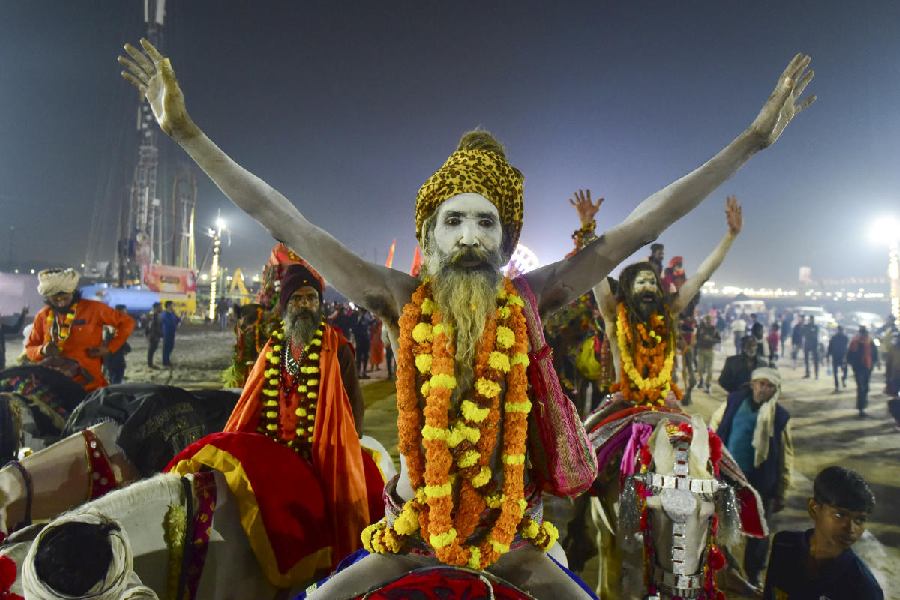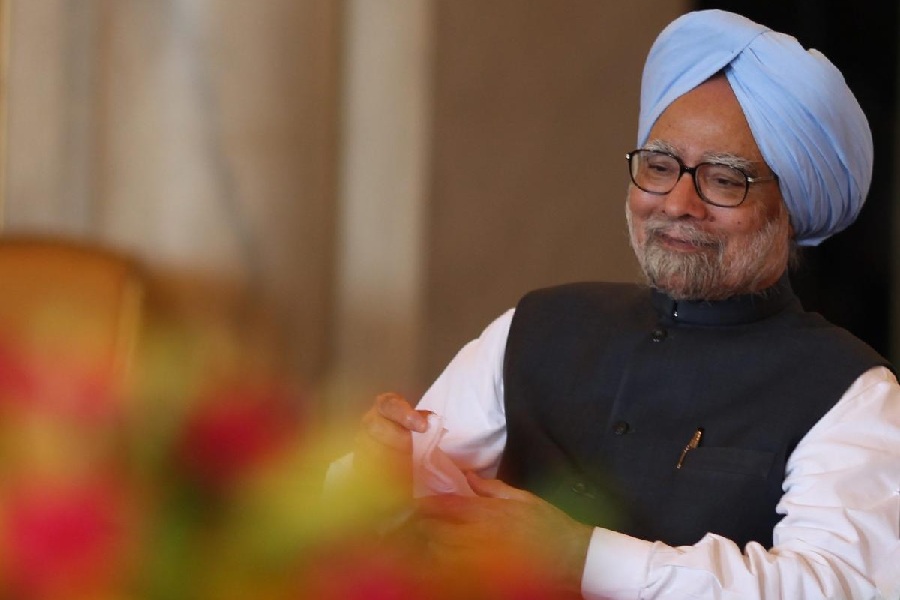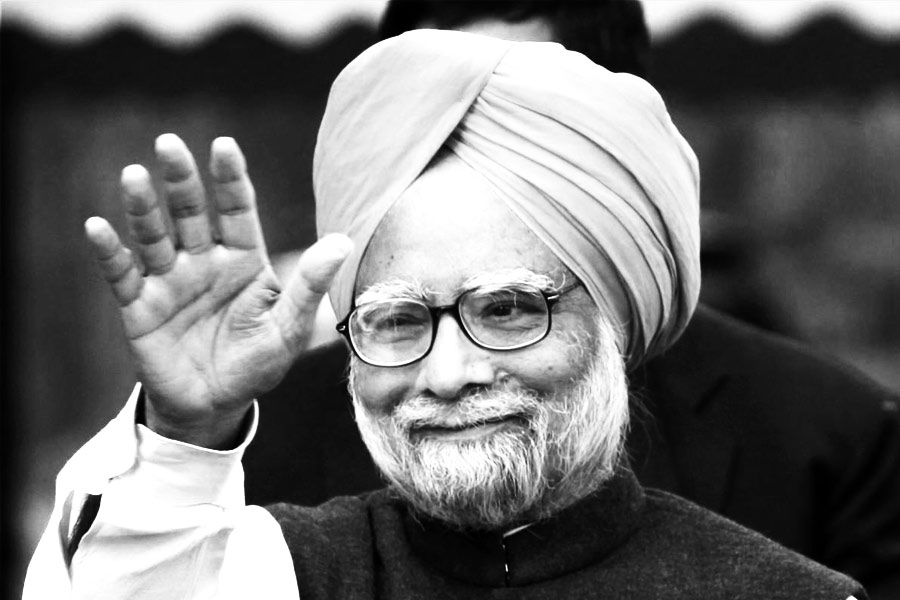A champion of disability rights, Jeeja Ghosh, who went to vote on Monday, did not find a ramp at the polling station, a promise she said that the Election Commission had not kept.
Ghosh, 51, who went to St Lawrence High School to cast her vote, said that while her own experience was “comfortable”, the fight was not hers alone but for all individuals with disabilities who deserve more “dignified” treatment.
She related her experience to The Telegraph.
I went to the polling station around 10.15am with my husband to vote. It was comfortable and I had no problem but what I noticed is that there was no ramp.
If a person is on a wheelchair how are they expected to navigate the steps, even if it is only a few steps?
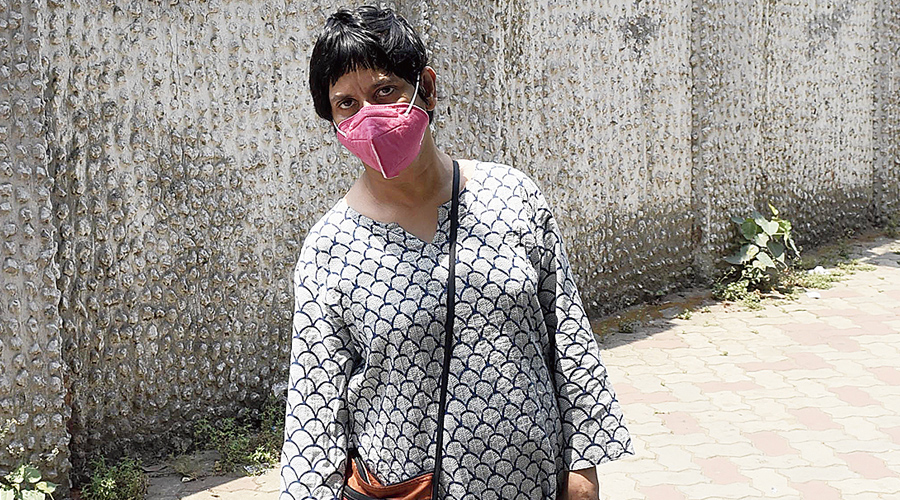
Jeeja Ghosh outside St Lawrence High School
Picking up the wheelchair physically is not dignified and that is why we ask for ramps.
I asked the security personnel in the premises “ramp ache? (Is there a ramp?)”.
They answered in the negative, saying “na didi, ramp nei (there is no ramp).”
A ramp is one of the things that the Election Commission had promised to us in a meeting that they had with us in January and also in an online meeting in March. They had called some of us (individuals and NGOs working for disability rights) for a meeting and we had pointed out that there should be ramps.
They had told us that they would arrange for ramps but it was not there.
Even if the booth is on the ground floor and there are only a few steps, there has to be a ramp. The other issue that we had spoken about in the meeting was the presence of Braille script on the EVM machine, which I noticed was there in my polling booth.
In the 15 minutes that I was there on the premises, I did not see anyone in a wheelchair but there could have been individuals who needed a ramp to reach the polling booth.
I could climb up the three steps but there are others who cannot.
The usual attitude of those at the booth is “amra achi, tule debo (we are there, we will lift the person)”. But that is not the right approach.
Not having ramps also acts as a deterrent for individuals with disabilities to go out to exercise their voting rights. Being physically picked up amounts to sympathy and we do not want others to sympathise. We want to be treated as equals. That is our right and that is what we want.

